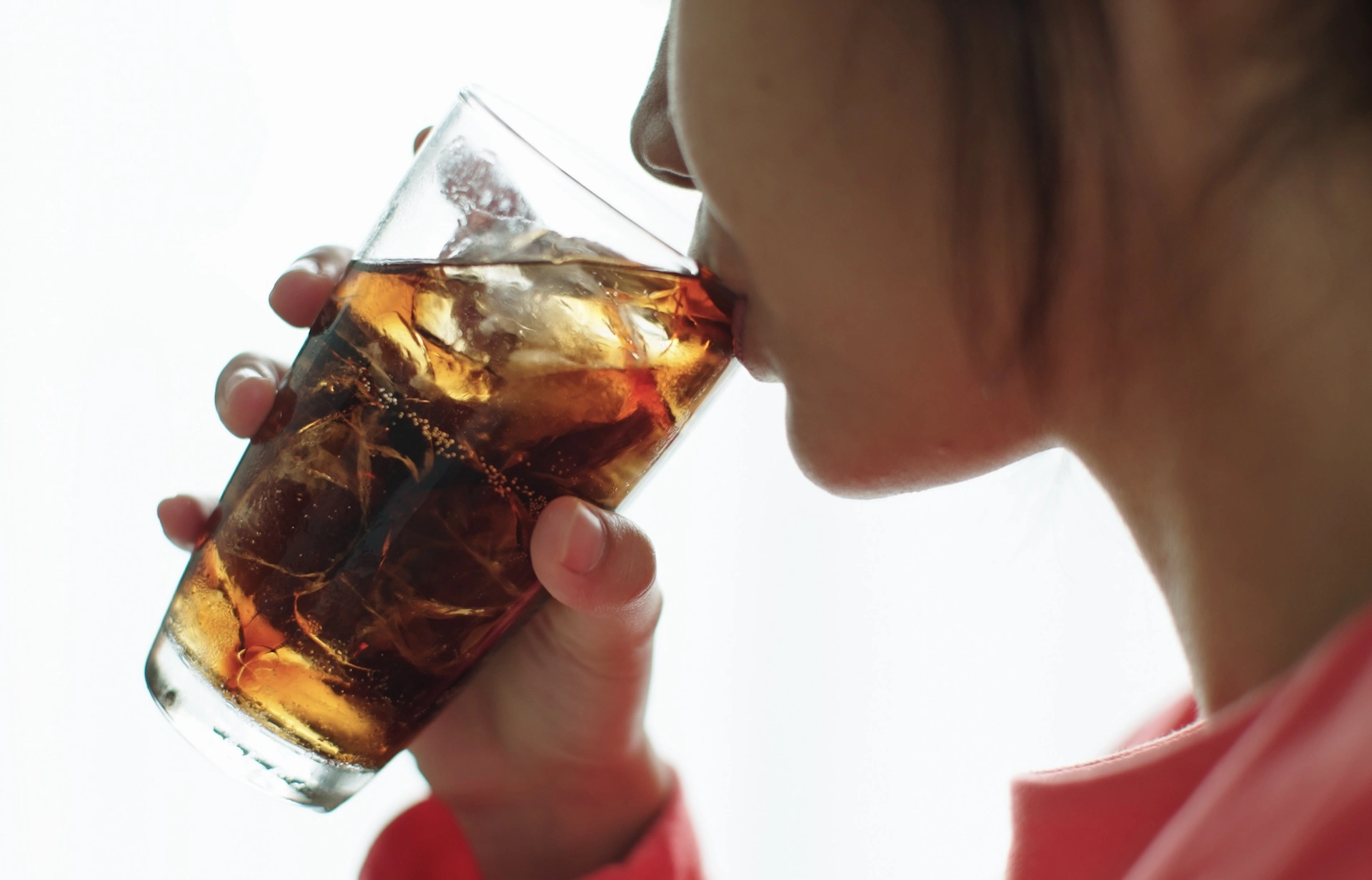First-of-a-kind Kaiser Permanente study sheds light on “cold drink heart,” a poorly understood condition
A new study led by Kaiser Permanente researchers is one of the first to look at the experiences of people with atrial fibrillation whose flare-ups are triggered by cold foods and drinks, a phenomenon known as “cold drink heart.”

“We did this study because for decades there have been people telling their health care providers that cold foods and drinks trigger their atrial fibrillation episodes — but many providers have dismissed this possibility,” said senior author David Vinson, MD, an adjunct investigator at the Division of Research and an emergency physician with The Permanente Medical Group. “Yet, the more patients with atrial fibrillation are asked about — or read about — this trigger, the more often we hear, ‘Yes, that’s happening to me, too.’”
Atrial fibrillation, known as AFib, is an irregular and often very rapid heartbeat that affects about 10.5 million adults in the U.S. It occurs when the heart’s upper chambers — the atria — are not beating in sync with its lower chambers. People with atrial fibrillation are at increased risk of developing blood clots in their heart or experiencing a stroke, heart failure, or other heart problems.
Some people have persistent atrial fibrillation. In others, it may come and go. This has led researchers to look for lifestyle triggers that can potentially be reduced or controlled to prevent episodes from occurring. The new study, published in the Journal of Cardiovascular Electrophysiology, is believed to be the first to ask people with atrial fibrillation who have had flare-ups triggered by cold foods and drinks about their experiences.
The study included 101 participants. Many were Kaiser Permanente Northern California (KPNC) members who had taken part in an emergency room-based study of a clinical support tool designed to help doctors improve care for patients with atrial fibrillation. All said they recently had cold drinks or cold food before coming to the emergency department. Also included in the study were people with atrial fibrillation from throughout the world who had contacted Vinson after reading his previously published papers on the phenomenon to share their own experiences.
. . . the more patients with atrial fibrillation are asked about — or read about — this trigger, the more often we hear, ‘Yes, that’s happening to me, too.’
— David Vinson, MD
The researchers found that about half of the participants said their atrial fibrillation was triggered only by cold drinks or foods; for the other half, episodes of atrial fibrillation occurred both with and without eating or drinking something cold. Only a few of the respondents said that eating or drinking something cold always triggered an episode.
Most of the people surveyed said they could feel the change in heart rhythm within a few seconds or in less than a minute from eating or drinking something cold. About 36% said their atrial fibrillation was often triggered by eating or drinking something cold following physical activity, like drinking ice-cold water after a workout.
The study also found that 96.8% of the participants said cold foods and drinks were not consistent triggers. “Although the majority of the people we surveyed said their atrial fibrillation was associated with cold ingestion, it was actually rare that eating or drinking something cold always precipitated an atrial fibrillation episode,” said Vinson. “In other words, most people with cold drink heart were often able to eat cold food or drinks without developing symptoms of atrial fibrillation. This shows how unpredictable the condition can be and why it’s been hard for some patients to identify these triggers.”

Avoiding cold foods and drinks reduced or eliminated atrial fibrillation in 86.4% of patients. Cold drink avoidance was more successful among patients whose atrial fibrillation was caused only by cold drinks than among patients who developed some atrial fibrillation episodes independent of cold drink exposure.
The most frequently reported cold atrial fibrillation triggers were ice water, smoothies, milk, yogurt, and ice cream. Some of the study participants reported that not eating as quickly, not using straws, and allowing drinks to warm up often helped them to avoid an episode.
More than half of the 82 participants who reported their experience to a health care provider said the provider dismissed the association. “Until now, most of the published papers on this topic have been case reports,” said first author Daniel D. DiLena, a research assistant with the Kaiser Permanente Clinical Research on Emergency Services & Treatments (CREST) Network. “Our study provides additional support for the existence of this trigger and hopefully helps validate those with similar experiences and increase awareness among health care providers.”
The study was funded by The Permanente Medical Group Delivery Science and Applied Research program.
Co-authors include Jennifer Y. Zhang, MPH, Adina S. Rauchwerger, MPH, Mary E. Reed, DrPH, and E. Margaret Warton, MPH, of the Division of Research; and Gregory M. Marcus, MD, MAS, of the University of California San Francisco.
###
About the Kaiser Permanente Division of Research
The Kaiser Permanente Division of Research conducts, publishes, and disseminates epidemiologic and health services research to improve the health and medical care of Kaiser Permanente members and society at large. KPDOR seeks to understand the determinants of illness and well-being and to improve the quality and cost-effectiveness of health care. Currently, DOR’s 720-plus staff, including 73 research and staff scientists, are working on nearly 630 epidemiological and health services research projects. For more information, visit divisionofresearch.kp.org or follow us @KPDOR.





Comments (0)